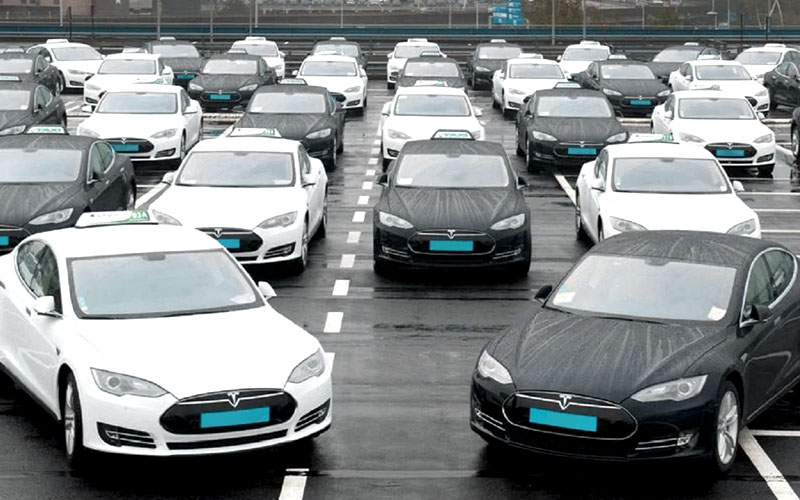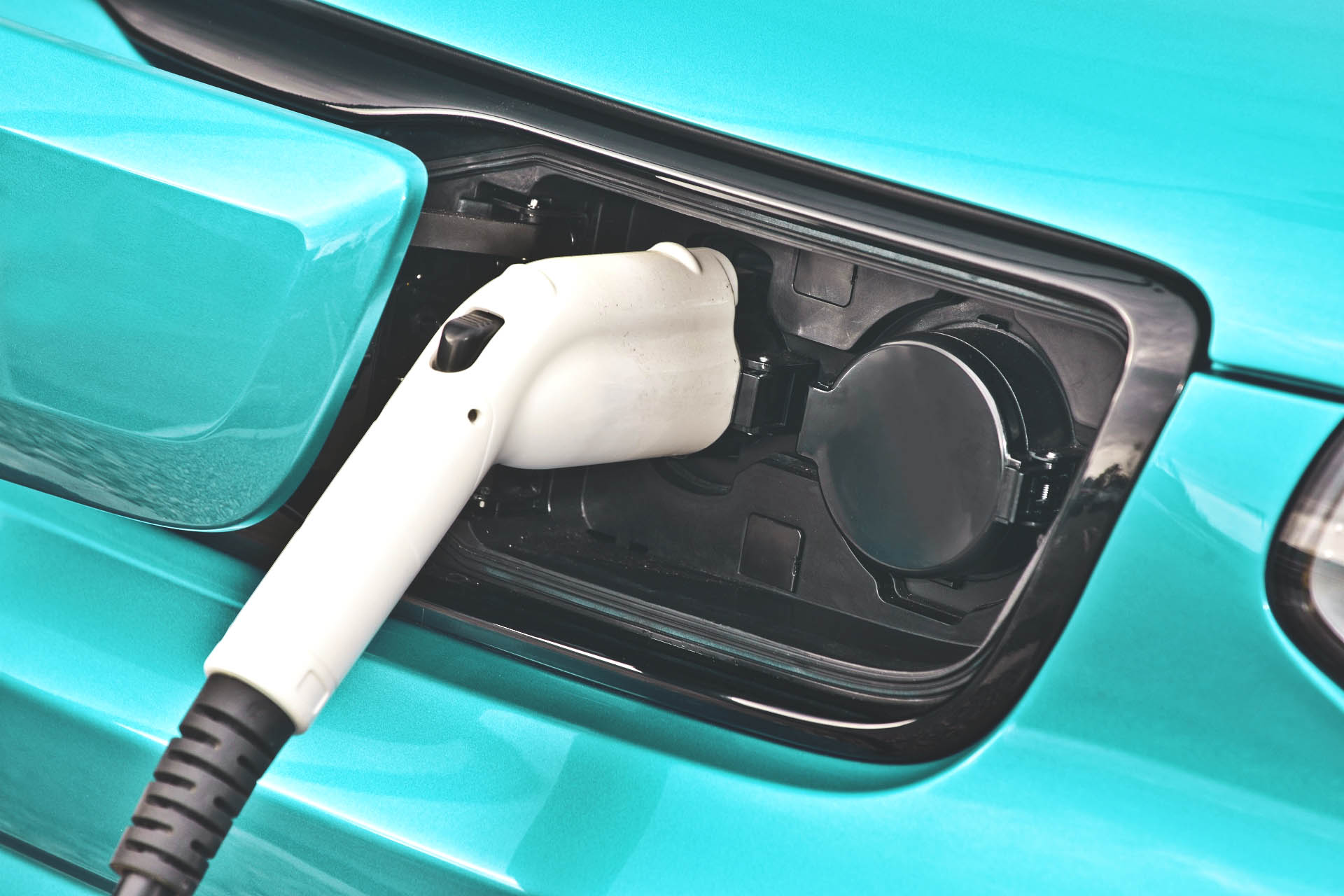
There is a lot of concern that electric cars are a hassle to deal with. They seem very alien in contrast to the usual gas vehicles and rather intimidating to those of us who identify as technophobes, but we’re sure we can convince you otherwise.
Electric cars and vans have been specifically designed so that it makes your life easier. No more visiting the petrol station, waiting in line, smelling of fuel and paying extortionate prices for a deadly resource that’s destroying the world. Just a neat plug that you can plug into your car overnight, wakeup and drive like you didn’t have to do a thing.
The push for electric cars from the government has been somewhat harsh but undoubtedly needed and the benefits that follow are definitely worth changing as soon as possible so that you can still sell those gas guzzlers before they’re completely unwanted and possibly illegal or heavily taxed in the future.
Recently Boris Johnson announced that a ban on new petrol and diesel cars would come into place by 2035 and they’ve expressed a keen interest in bringing that date forward. This effectively means that only electric and hydrogen cars can be leased and purchased once this ban has come into effect.
This news has emerged after a peak in electric vehicle sales with 1 in 10 new cars sold being electric in October 2019.

Vehicle Pictured - Tesla Model S
With businesses being heavily critiqued for their environmental action, the need for electric vehicle charging supplies on behalf of electric fleets and electric company cars has spiked more interest in employers focusing on environmental change through ethical transport.
It almost seems like the country has pushed us into the deep end, expecting it to go (dare I say) “swimmingly”. But there’s theoretically no reason why it won’t. Helen Boyle, a strategic decarbonisation manager for Electricity North West claimed that research shows the answer is more simple and less expensive – than many think.
She said, “We certainly believe we are on the cusp of an avalanche when it comes to electric vehicles”. A Distribution Future Electricity Scenarios report projects approximately half a million electric vehicles on the roads in the North West by 2030. Additional information showed that less than 25 percent of people charged their vehicle at home, which is probably due to a: employers offering free charging and b: businesses such as Tesco offering free charging. So why pay for electric charging at all when it’s free? Especially when you compare it to the fuel costs for petrol and diesel cars.
As a result, many businesses are investing in rows of chargers to promote to customers as well as gain popularity and interest in employees to change to electric vehicles. It also eliminates the fear that you may not have enough charge to make a trip.

Often when people envision charging an electric car, they still imagine it being like a petrol, where you stand by your car holding the nozzle of the gas pump into the fuel cap, except you do it for LONGER!? Nope. You don’t have to put any effort into charging your electric car unless your adamant on getting free electricity every time and driving 13 miles to a Tesco or deliberately looking for an employer with electric vehicle chargers. You just plug it in when you do time lengthy activities – which EVERYONE does. Whether its while you sleep, while you’re working, shopping, etc. everyone has the time to charge their electric vehicle unless you're in a big rush! Obviously this does make a difference for those who transport heavier goods for longer miles but that’s why we don’t hear about electric lorries very much and even then, frequent stops on very long journeys are essential.
Another concern that people have is the way the car actually works. People almost believe that an electric car is like a robot that you have little control over. They only have two foot pedals – brake and power. The clutch isn’t required on EV’s which as a result, prevents stalling (yippee!). The steering and driving dynamics, however, act similarly to any gas car - but better in our opinion.
There is a reason why people who use electric cars tend to never go back to gas. They’re made to make your life easier and certainly make you feel safer and more comfortable driving. Ignoring all the environmental and economic benefits of these extraordinary cars and vans, you’re left with vehicles that have been heavily researched, intricately designed and produced to be better than any gas vehicle.

More importantly, is the innovation of electric vehicles. Gas vehicles have done just about as much as they can out of getting the most power from fuel. Electric storage and charging currents are constantly being evaluated and upgraded on the other hand. Over the past few years, the range of electric vehicles has exceeded exponentially and combining that with the possibility of increasing power economy and storage, there’s no doubt that electric vehicles are going to be simply unbeatable on all levels in comparison to gas guzzlers.
Sign up to our newsletter and find exclusive offers and content.